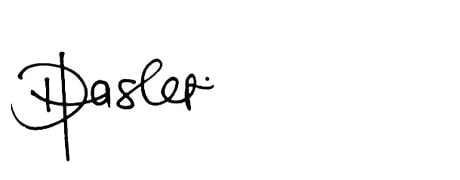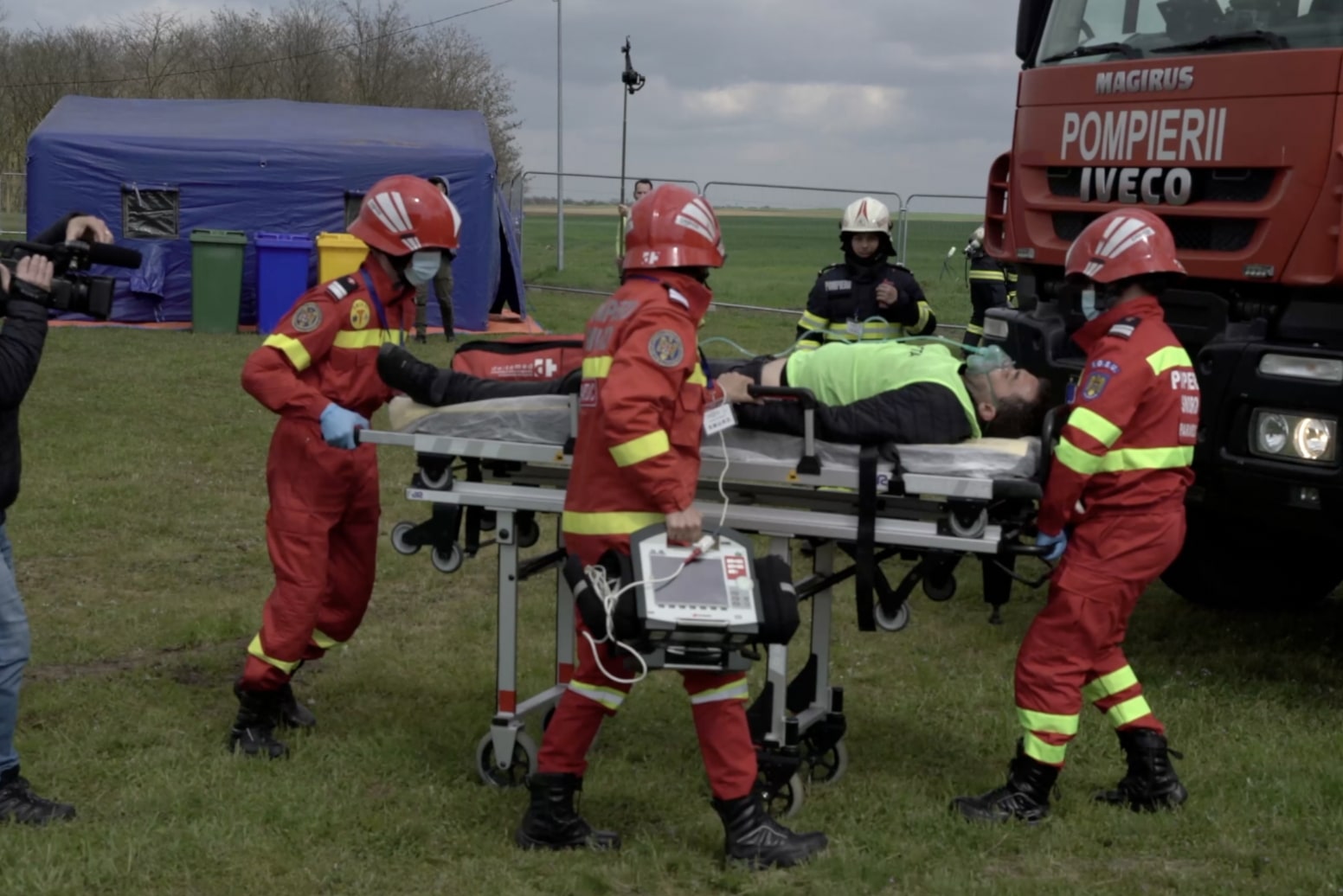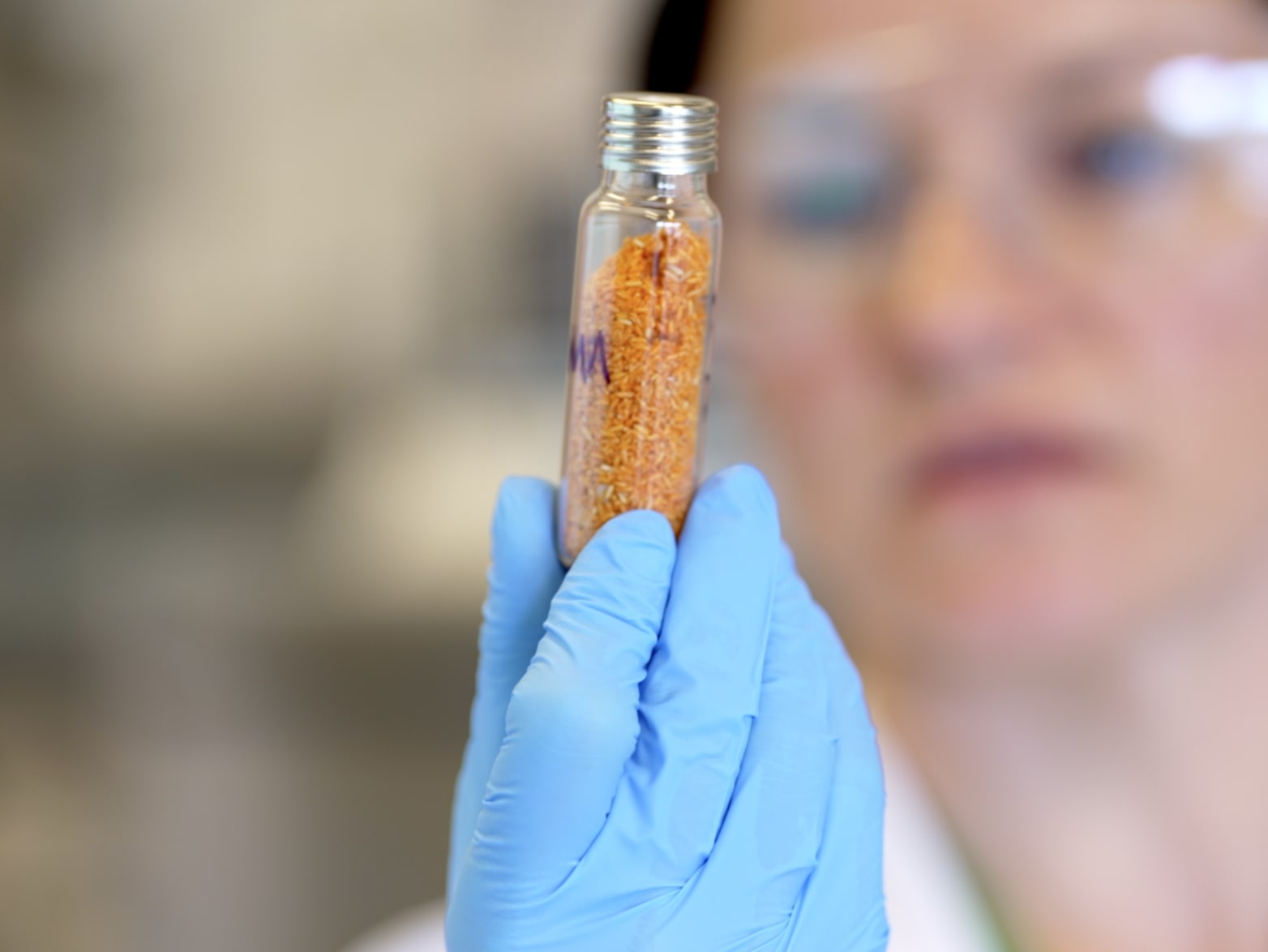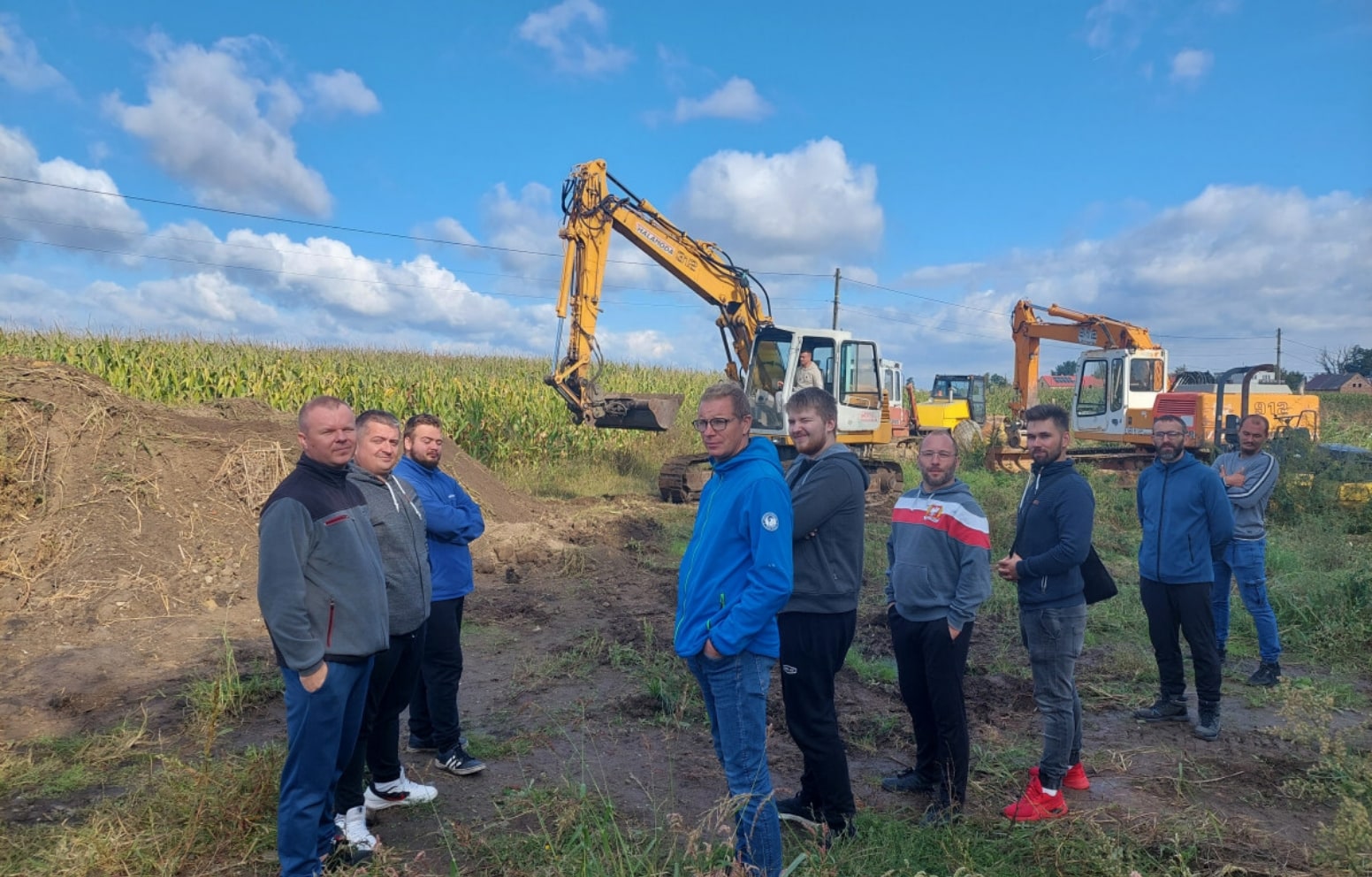Foreword
Europe is facing enormous challenges. Russia’s full-scale invasion of Ukraine is in its third year and the humanitarian consequences are devastating. The war in Ukraine is the greatest threat to European security and prosperity today. We will stand by and support Ukraine for as long as it takes.
In addition, we are contending with the accelerated pace of climate change and environmental degradation. At the same time, we must not lose sight of other key issues for Europe: the importance of social inclusion, poverty reduction and the transition to a sustainable climate-neutral economy. We must also continue our efforts to strengthen relations across borders, develop competence and innovation, and safeguard good governance, respect for human rights and a rules-based international order. This is the best way to build thriving, peaceful societies and the best way to prevent conflict and war.
The EEA and Norway Grants have a key role to play in this context. With support provided under the Grants scheme, we are helping to defend the fundamental values of democracy, good governance and the rule of law. Today, the EEA and Norway Grants are the largest single source of funding for civil society organisations working to promote these values in the beneficiary states. Increasing social inclusion and countering disinformation are part of these efforts. Considerable emphasis is also placed on strengthening bilateral relationships and cooperation between countries in Europe. Against the backdrop of the war in Ukraine, there is also a strong focus on solidarity. The EEA and Norway Grants are about standing together when it really matters. Based on the strong bilateral relationships that have been built over the years, we have provided extra resources under the scheme to help countries that have taken in Ukrainian refugees. Among other things, we have supported efforts to provide access to primary healthcare and trauma counselling, settle children into new schools and integrate families into host communities.
...
 Espen Barth Eide
Minister of Foreign Affairs Norway
Espen Barth Eide
Minister of Foreign Affairs Norway
 Þórdís Kolbrún Reykfjörð Gylfadóttir
Minister of Foreign Affairs Iceland
Þórdís Kolbrún Reykfjörð Gylfadóttir
Minister of Foreign Affairs Iceland
 Dominique Hasler
Minister of Foreign Affairs Liechtenstein
Dominique Hasler
Minister of Foreign Affairs Liechtenstein




